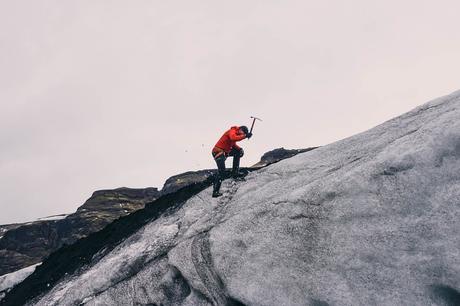
Trekking is one of the oldest and most popular adventure sports among travellers who seek for challenges. As per studies, 27% of the travellers opt for offbeat Himalayan places to enjoy natural solitude. And trekking opens up the door to discover these interior routes.
Nonetheless, trekking also invites risks and physical hazards. Medical emergencies also can happen while going through a tricky road. So, travellers can protect them from any financial losses due to unforeseen events in the trip by purchasing trek cover insurance policy.
Hence, travellers must be prepared beforehand. Here are some tips to plan a safe and perfect trekking trip –
Plan the trip previously
An extensive plan is of the major factors to complete a trekking trip safely. After deciding the destination and starting point of trekking, individuals must carry a complete idea about the route. This includes the duration of the journey, distance, available localities, local resources, the weather during the trip, etc. As trekkers travel to the remote interiors, previous knowledge about available accommodation is also required.
Some trekking routes further add hiking either as an option or compulsion. And, hiking requires some specific tools. Therefore, travellers need to plan accordingly. Nonetheless, a hiking insurance plan can be a wise choice to be financially protected on those trips.
List of required belongings
Depending on the destination, individuals need to pack the baggage. Thus, a heavy package is not preferable. But, there are some essential gears that a trekker must carry along. Travellers can purchase a trekking insurance policy as crucial gear while opting for this challenging trip.
As trekking involves physical activities all day, it comes with dehydration and energy loss. Thus, carrying an adequate amount of water and food is compulsory. Individuals must carry navigation tools such as a map, GPS or compasses to. A high power torch, the first-aid box is not any less essential items for trekking.
Also, regardless of the weather, individuals must carry rain protected clothes to be on the safe side. Some trekking routes further add hiking either as an option or compulsion.
Preferable time
Weather is also a crucial determiner of trekking trips. Walking techniques change depending on the preferred time. For example, trekking in summer season requires more intervals than in winter. Again, monsoon trekking requires an entirely different set of clothing and is riskier than others. However, a Trek Cover insurance plan offered by reputed NBFC Bajaj Finserv under their Pocket Insurance & Subscriptions can financially protect against unpredictable incidents while trekking.
Nonetheless, it is advisable to opt for winter trekking on the mountain as the sky remains clear and glacier peaks become wide open. Also, buy a winter trek cover insurance plan while planning a trek in winter. But, if flowers and orchid are the preference, then March to May is the best time to trek.
Pre-training and fitness
As trekking demands continuous physical activities all day long, adventurers must increase their fitness level. Depending on the risks associated with the route, trekkers need to develop several walking techniques. In pre-training sessions, they can learn these techniques and improvise them accordingly. Multiple exercises such as cardiovascular, strength-enhancing, etc. can help them to achieve the required physical fitness. While preparing for trekking, individuals should also buy a trek insurance policy to enjoy the trip without thinking about medical emergencies.
Similarly, individuals can also opt for a road trip cover insurance policy to avail breakdown assistance if they get stranded on the road.
Lastly, trekking insurance policy requires extensive planning, along with physical endurance. As this sport tangles with numerous hazards, trekkers need to be careful as well as responsible by purchasing a trek cover insurance policy as a vital pre-requisite to follow up on while planning the trip.
